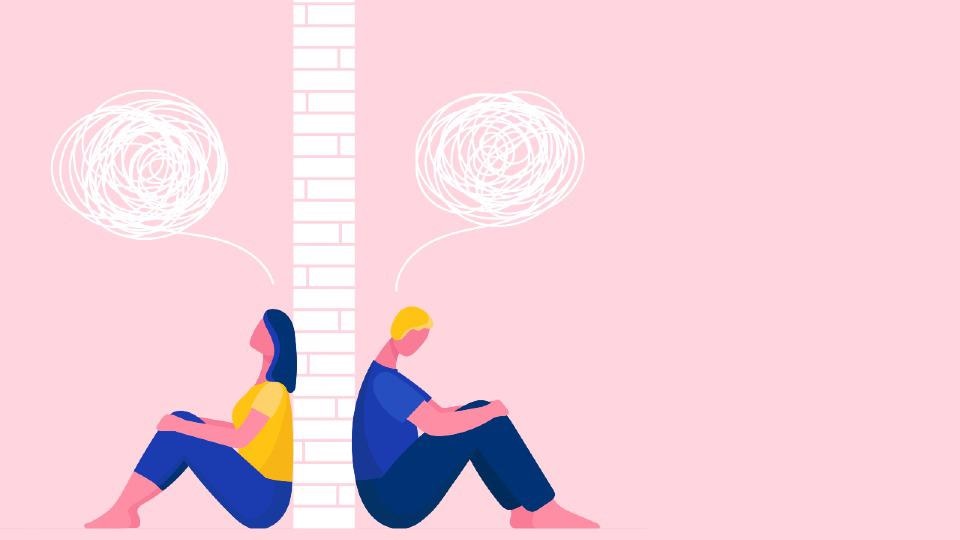A new study investigating if mental health helps shape satisfaction with partners has revealed there are differences between females and males – with men having the potential to experience a ‘vicious circle’.

Image Credit: Getty Images
Led by Loughborough University’s Professor Paul Downward, Professor of Economics in the School of Sport, Exercise and Health Sciences, the analysis used data on 42,464 couples gathered through the British Household Panel Survey (1991-2008) to test aspects of the ‘marital adjustment model’, which assesses dyadic partner satisfaction.
The findings, which have been published in the BMC Psychology Journal, suggest for females, relationship satisfaction is more likely to influence mental health.
For males, however, there is a potential ‘vicious circle of decline’ between satisfaction with partners and mental health.
For example, a male strategy for coping with depressive symptoms can involve men engaging more in an activity that takes them further from their partners both behaviourally and emotionally.
Funded by the Health Foundation, the paper is part of a broader project that suggests health should be seen as an asset – something that is worth investing in to allow individuals and society to flourish and prosper, rather than viewing health as a remedial intervention. Investment in mental health support would therefore benefit the well-being of individuals and their partners.
This paper highlights support for current UK health policy that increasingly seeks to identify health as an asset, playing a role in an integrated care system seeking to promote a more inclusive and productive society, with a focus on the general flourishing of individuals.
The results, which have consistency with the literature, suggest that satisfaction with partners is a key conduit with which mental health states can become shared by couples.
The topic is important because satisfaction with partners is an important feature of the overall quality of life and the wellbeing of individuals.”
Professor Paul Downward, Professor of Economics in the School of Sport, Exercise and Health Sciences, Loughborough University
Professor Downward is hoping to build on this research and further explore how health inequalities become shared across peer groups.
Source:
Journal reference:
Downward, P., et al. (2022) Mental health and satisfaction with partners: a longitudinal analysis in the UK. BMC Psychology. doi.org/10.1186/s40359-022-00723-w.